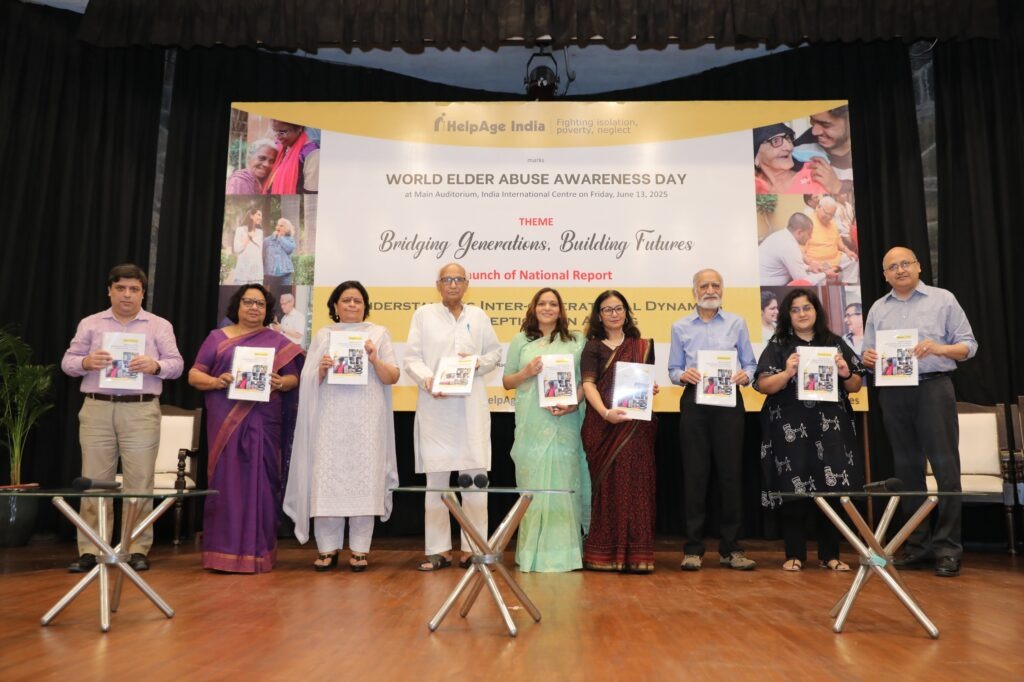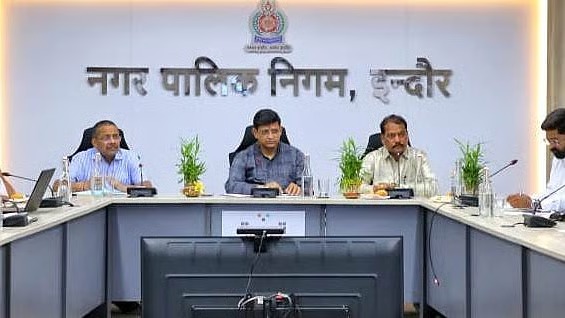
Follow WOWNEWS 24x7 on:
Updated: June 14, 2025 18:14

A new national study by HelpAge India has cast a spotlight on the evolving dynamics between India’s youth and elderly, revealing a complex mix of respect, emotional distance, and digital disconnect. Titled Understanding Intergenerational Dynamics & Perceptions on Ageing, the report was released ahead of World Elder Abuse Awareness Day and surveyed nearly 5,800 respondents across 10 Indian cities.
Key Findings From the Report
- While 86 percent of elders feel valued within their families, many still report feeling emotionally distant, unheard, or excluded from meaningful decision-making.
- A significant 88 percent of youth expect to live with family in old age, and 83 percent of elders currently do or plan to, reinforcing the cultural norm of multigenerational living.
- Despite frequent interactions—66 percent of elders and 61 percent of youth report daily contact—emotional connection remains limited, especially in urban nuclear households.
- Youth often describe elders as wise (51 percent) and respected (43 percent), but also associate them with loneliness (56 percent) and dependence (48 percent).
- Elders, in turn, express concerns about being sidelined, with sentiments like “We are told the plan, not asked” reflecting a perceived lack of agency.
Digital Divide and Communication Barriers
- Only 41 percent of elders own smartphones, and just 13 percent use computers or the internet, highlighting a stark digital gap.
- While 71 percent of elders use basic mobile phones, many find digital tools confusing due to lack of patient instruction and fear of making mistakes.
- Youth often perceive elders as disinterested in learning technology, while elders cite impatience and rushed explanations as key barriers.
- Interestingly, youth living farther from elders tend to hold more positive perceptions of ageing, suggesting that proximity does not always translate to empathy.
Shared Fears and Financial Realities
- Both generations share similar anxieties about ageing, including poor health, loneliness, and financial insecurity.
- Nearly half of elders are financially independent, but 38 percent are partially dependent and 15 percent are fully dependent—figures that rise among older women and those with limited education.
- Awareness of government schemes is uneven: while 68 percent of elders know about pensions, only 31 percent are aware of digital training or emergency helplines.
Recommendations for a More Inclusive Future
- HelpAge India recommends introducing ageing sensitisation curricula in schools and colleges to foster empathy and understanding.
- Youth-led digital buddy programs are proposed to bridge the technology gap and promote one-on-one learning.
- Strengthening community-based care infrastructure and promoting intergenerational volunteering are also key suggestions.
- The report calls for a shift from proximity-based bonding to intentional collaboration across caregiving, digital literacy, and shared learning.
Sources: The Hindu, Telangana Today, Indian Express, OdishaTV, Medgate Today, HelpAge India.

